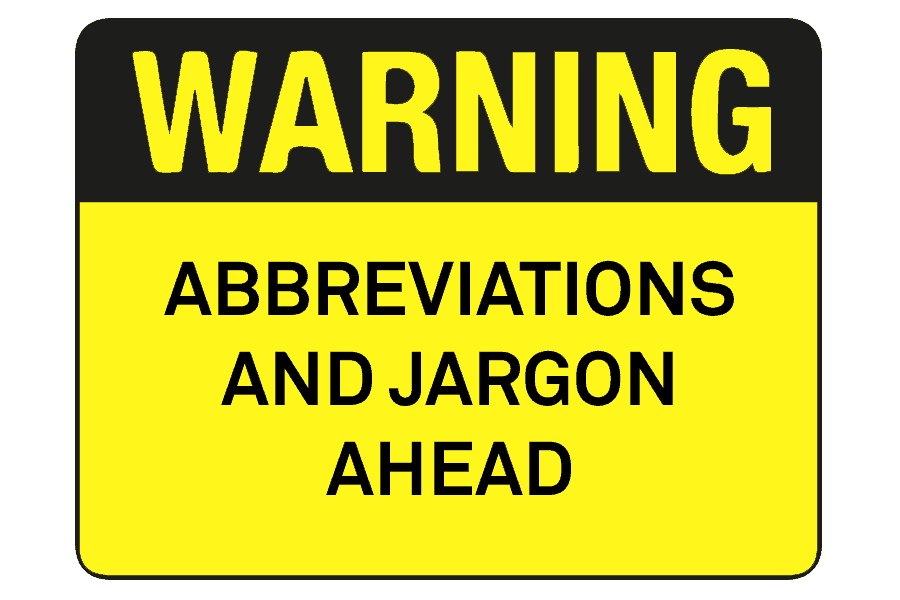 " alt="">
" alt="">

Throughout our lives we belong to something or someone – this relationship is often bound by Jargon. It’s a fact that we cannot get away from. From birth we have a family, we belong to that family. As we grow we build a network of friends who we belong to. We go out into the World and find work and so we belong to another situation. It goes on.

At each stage we learn to fit in, and language often helps bind us to the something or someone. We build a vocabulary that everyone understands – a child will struggle with more complicated words and mispronounce them and often these become part of the family vocabulary. We still use the word ‘dimfent’ at home rather than different, but it’s near enough to the original for it to be understood. It starts to become an issue when the use of a word excludes outsiders from the circle of understanding and becomes jargon. In these cases it can prove difficult to carry out your daily work .. but it’s simple enough to ask for an explanation of course.
Think about you on your first day at work. Suddenly you are surrounded by acronyms, abbreviations and jargon that mean nothing to you but are in common use daily. PPE, POWRA, PTW or RAMS – all these are commonly used throughout health and safety conversations and are often introduced to the worker during their first day site induction, but it really is important that the induction clarifies things as it will help save lives and in doing so benefit the business and maintain a good safety track record. It can even be an issue when, as a contractor, you are moving between different employers. A PTW might be referred to at a POWRA, but are RAMS similar? Knowing what these acronyms or jargon words mean could make a big difference to your work.
These are all part of Health and Safety on Site, and should be explained during your health and safety inductions . This might be an onsite induction, in which case you will have the opportunity to ask the induction facilitator if you are unsure, but if you are asked to do an online induction then you may be completing that remotely .. so it’s important that any abbreviations used during the online health and safety induction are explained fully.

Once we understand the meaning it becomes part of our own vocabulary and we begin to fit in. We start to belong in the same way we have grown to expect at every stage of our life. The language of our workplace becomes common place and we begin to recognise what is meant and needed during our work.

With the technological age comes a whole new vocabulary to learn. API’s , PHP, HTML, CSS, JQuery, Cron Jobs, mysql databases .. a programmer will understand this language, but would a customer of that company? Whats an APP even. Again if you are working in the computer industry it will not be an issue, but again, will a potential client know these terms. The acronyms and words are linked to the programming of software and the elements of the software being built. An API is an Application Programming Interface, but to the layman it means very little. [For reference, an API is how one piece of software will be able to be programmed to work with another]. However if you are discussing a new project with a client then it is often better to explain things in good old plain English, rather than revert to the language of your workplace.
After all it would not do to be ‘dimfent’ and risk losing a new contract would it?